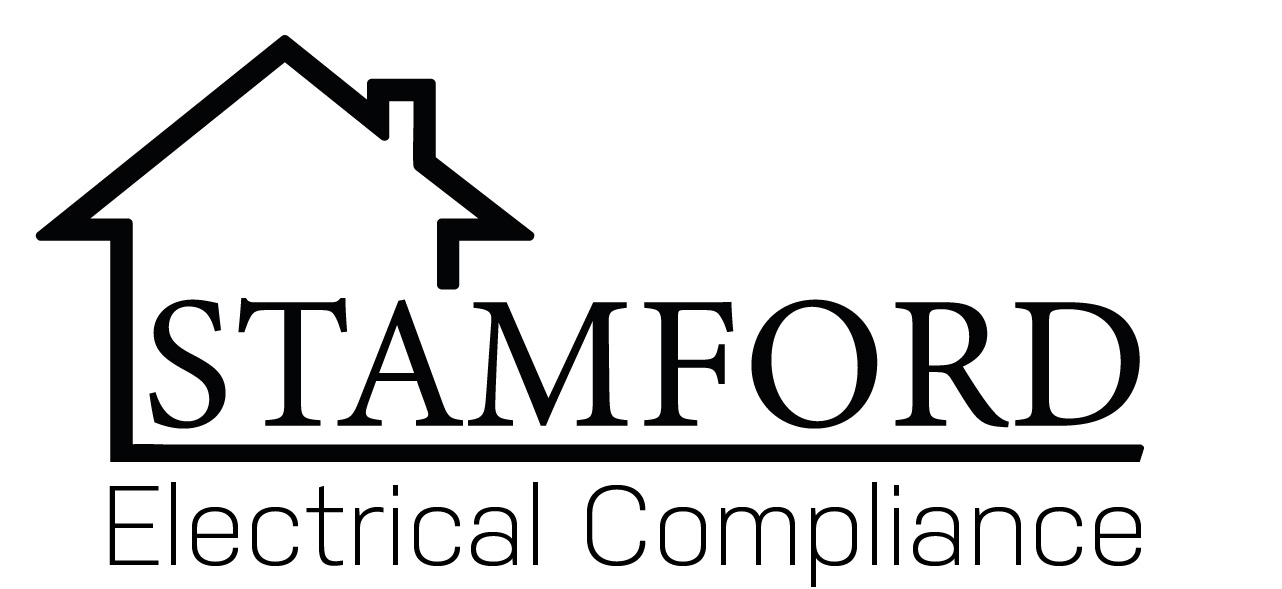Keeping Your Business Safe with Electrical Compliance
Minimise the necessity for sudden repairs by staying ahead of the game with regular electrical compliance, which ensures your electrical systems are functioning optimally and helps prevent unforeseen costs.
Stamford Electrical Compliance oversees all electrical compliance for your facility with scheduled inspections, continuous testing, and safety assessments, guaranteeing your business complies with regulations while keeping your staff and visitors safe.
As a reliable team of electrical experts, we are committed to monitoring your systems, installations, and equipment regularly, offering professional guidance, and conducting necessary maintenance when required.

Electrical Compliance Services

Why Commercial Electrical Compliance is Important
In today’s fast-moving business world, keeping a successful company running needs a well-rounded plan. This plan should include not just the main business activities, but also the important physical setup that supports them. At Stamford Electrical Compliance, we know how crucial commercial electrician services and property maintenance are for keeping businesses running smoothly, preventing possible dangers, and boosting overall value.
When it comes to electrical safety, it’s important to make sure your electrical systems and equipment are safe. This is usually done through regular electrical testing and inspection, like periodic inspection and testing, as well as portable appliance testing (PAT testing). In commercial and industrial places, following these rules is very important to avoid problems with faulty electrical circuits or devices. Checking your electrical systems, including fixed electrical installations and portable electrical equipment, helps ensure they stay safe and compliant.
One key aspect of electrical compliance is the electrical installation condition report (EICR), also known as an installation condition report. These reports involve periodic checks on electrical work to inspect and test the earth and socket connections, as well as the overall condition of the electrical circuits. If any issues are identified during these inspections, a remedial action plan will need to be put in place to rectify any non-compliant areas.
Regular inspections and testing encompassing emergency lighting, fire alarms, wiring, circuit installations, and other electrical components are essential. This proactive approach enables businesses to pinpoint and address any faults promptly, ensuring the well-being of employees and visitors alike. Moreover, adherence to electrical safety regulations, such as the Electricity at Work Regulations 1989, is crucial.
Obtaining an electrical certificate signifies a business’s dedication to maintaining health and safety standards in Stamford’s commercial spaces.

Sectors We Cover

Schools / Colleges

Lettings

Industrial

Offices

Social Housing

Retail

Meeting Legal Requirements and Avoiding Penalties
Meeting legal requirements and avoiding penalties is crucial when it comes to the safety and compliance of electrical appliances. Failure to adhere to regulations could result in potential hazards and hefty fines. Regular testing and inspection, such as EICRs, are necessary for maintaining electrical compliance. This type of installation involves the testing of hard wiring systems within a property to ensure they are safe and compliant. Visual checks are also important for both fixed and portable appliances that distribute electricity around a building. Comprehensive inspections should be carried out to identify any issues that could pose a risk, especially during times of operation.
Ensuring Safety for Business Owners
Ensuring safety for occupants and business owners is crucial in commercial premises. Businesses need to maintain commercial electrical compliance to adhere to safety legislation and provide a safe environment for all occupants. This involves regular testing and electrical inspections to identify any potential electrical faults or hazards. By conducting fixed wire tests or EICR inspections, business owners can ensure that all electrical systems and equipment are compliant with BS 7671 regulations. This can help identify potential issues that could lead to electrical fires or other safety hazards. NICEIC approved contractors can provide full compliance reports, giving business owners peace of mind that their electrical systems are safe to use.
UK Legal Requirements for your Business
What are Electrical Installation Certificates?










